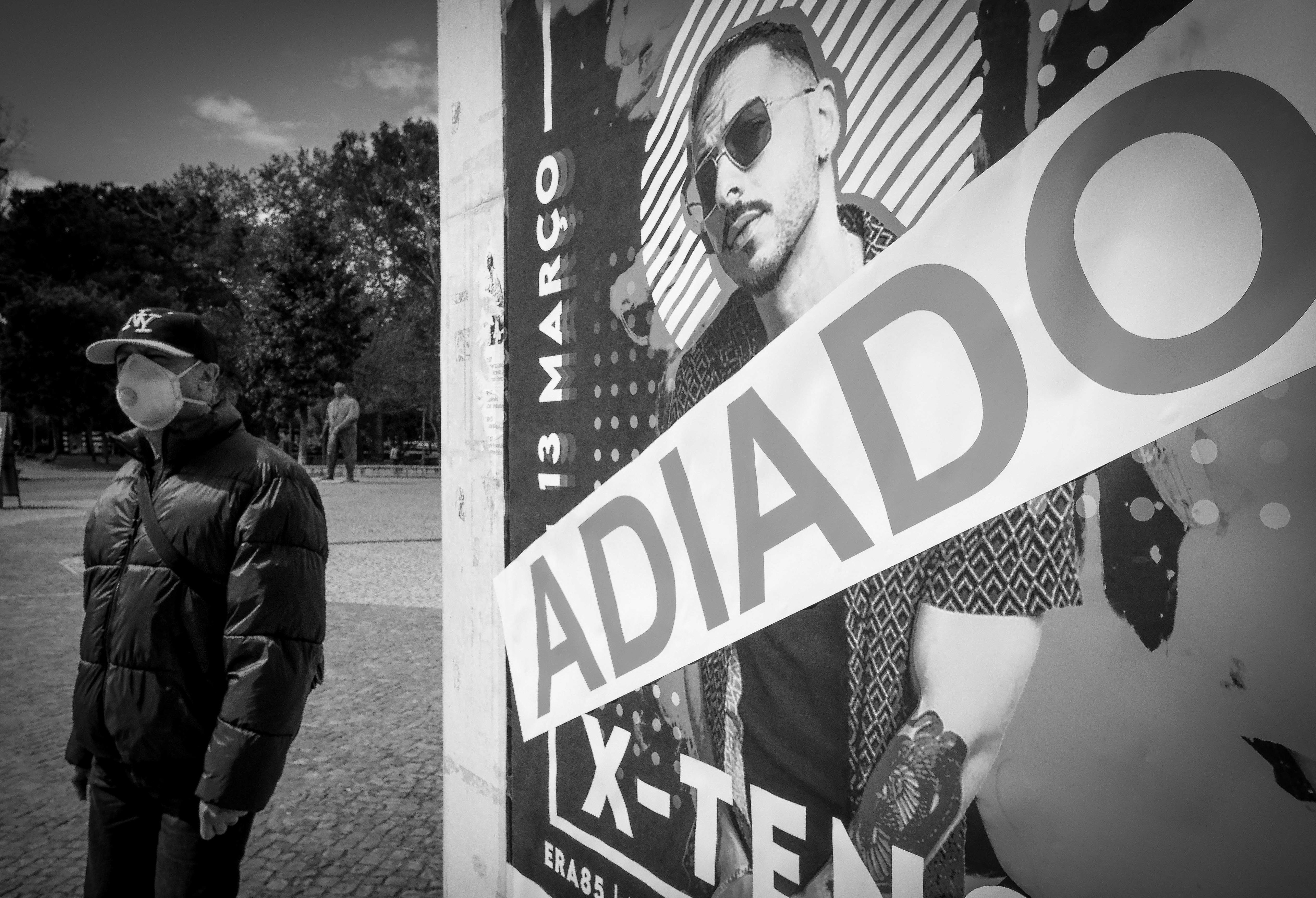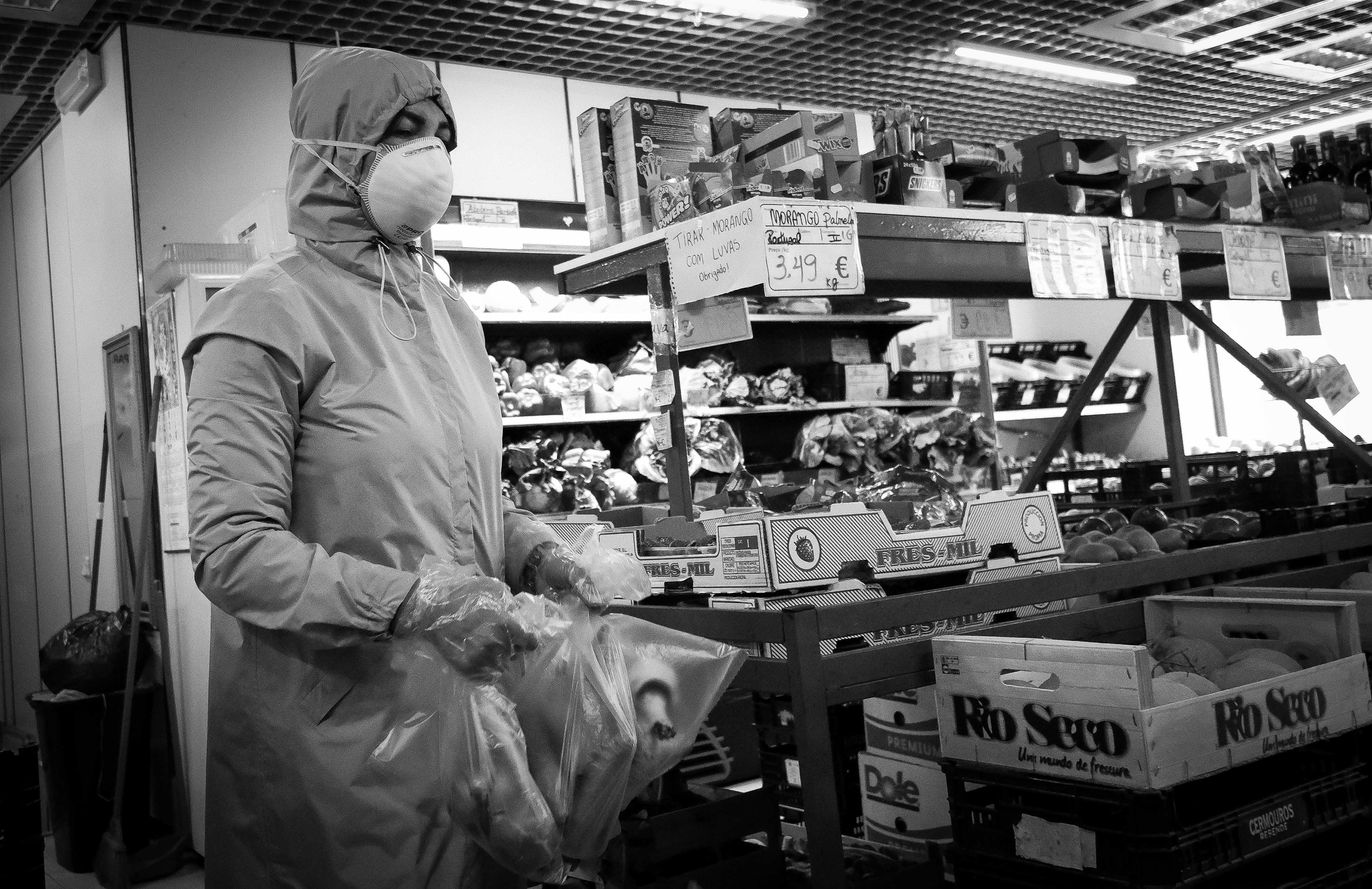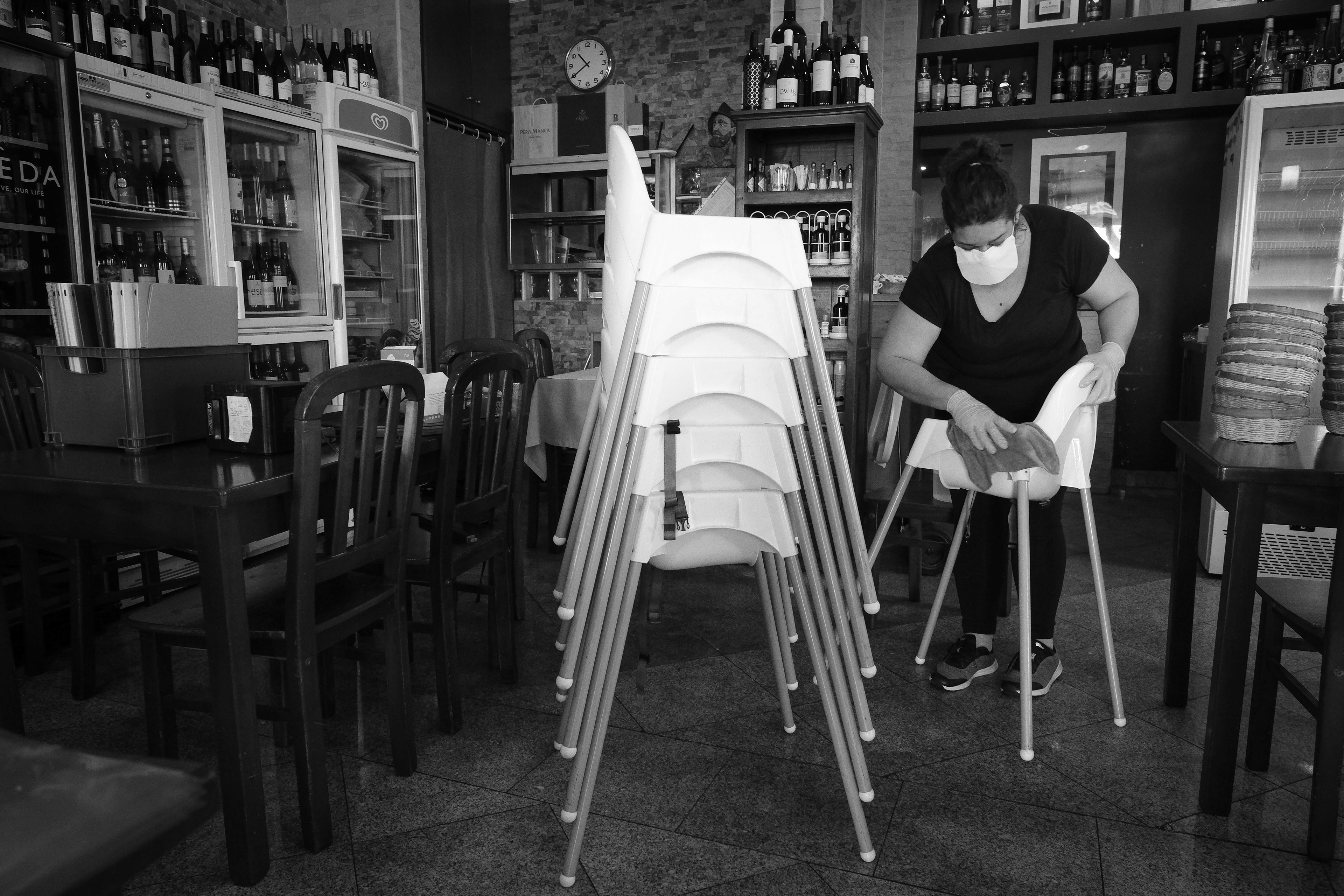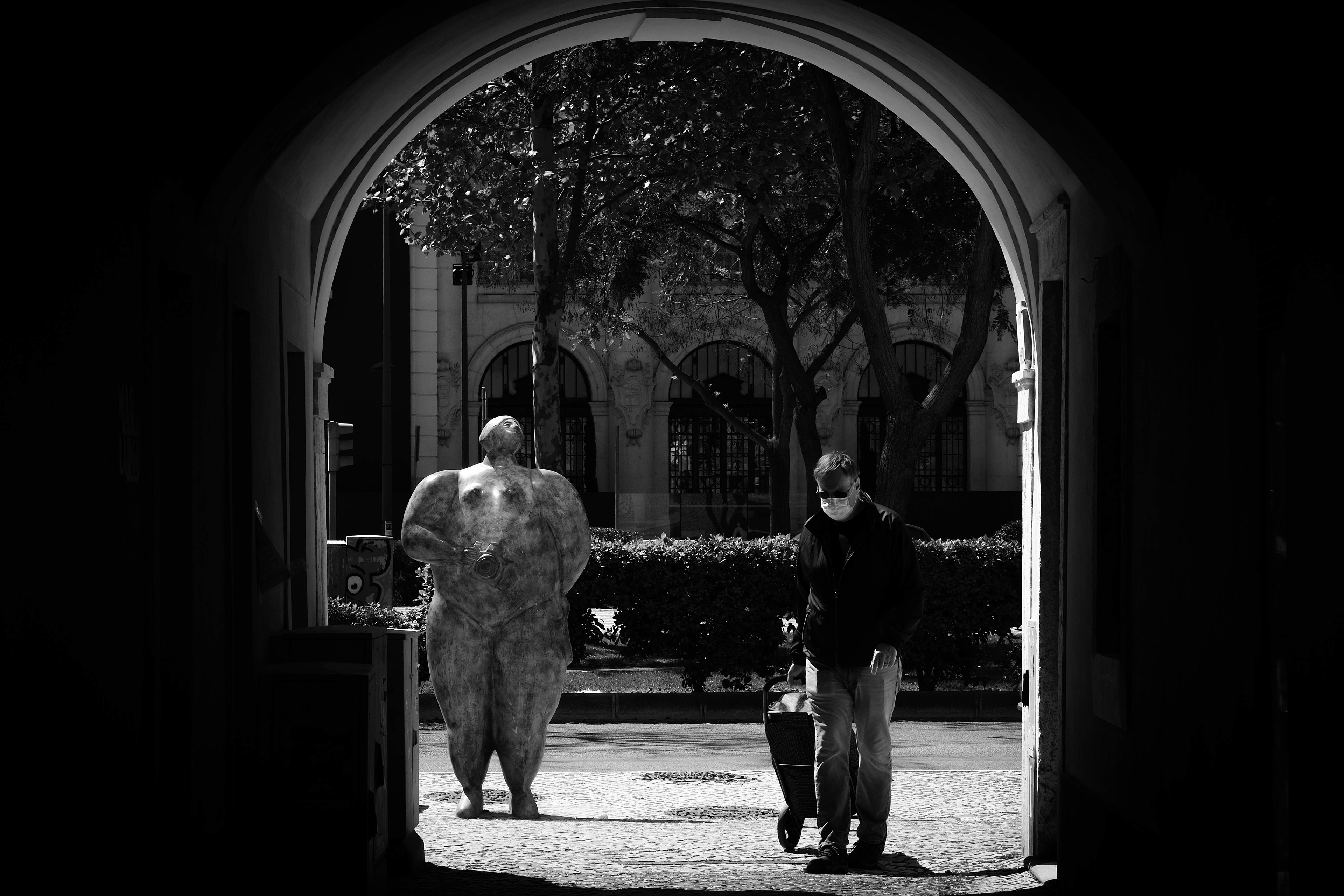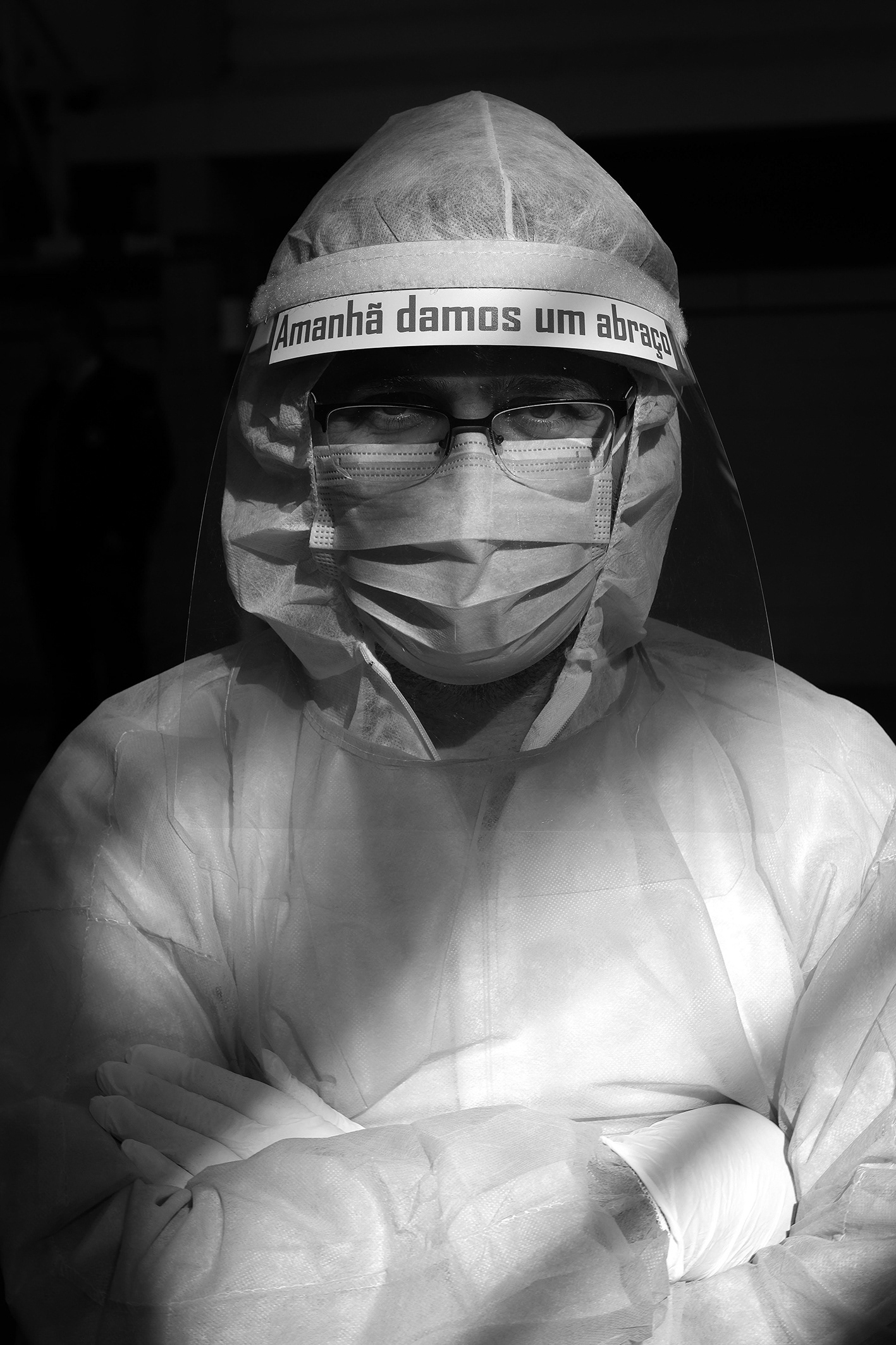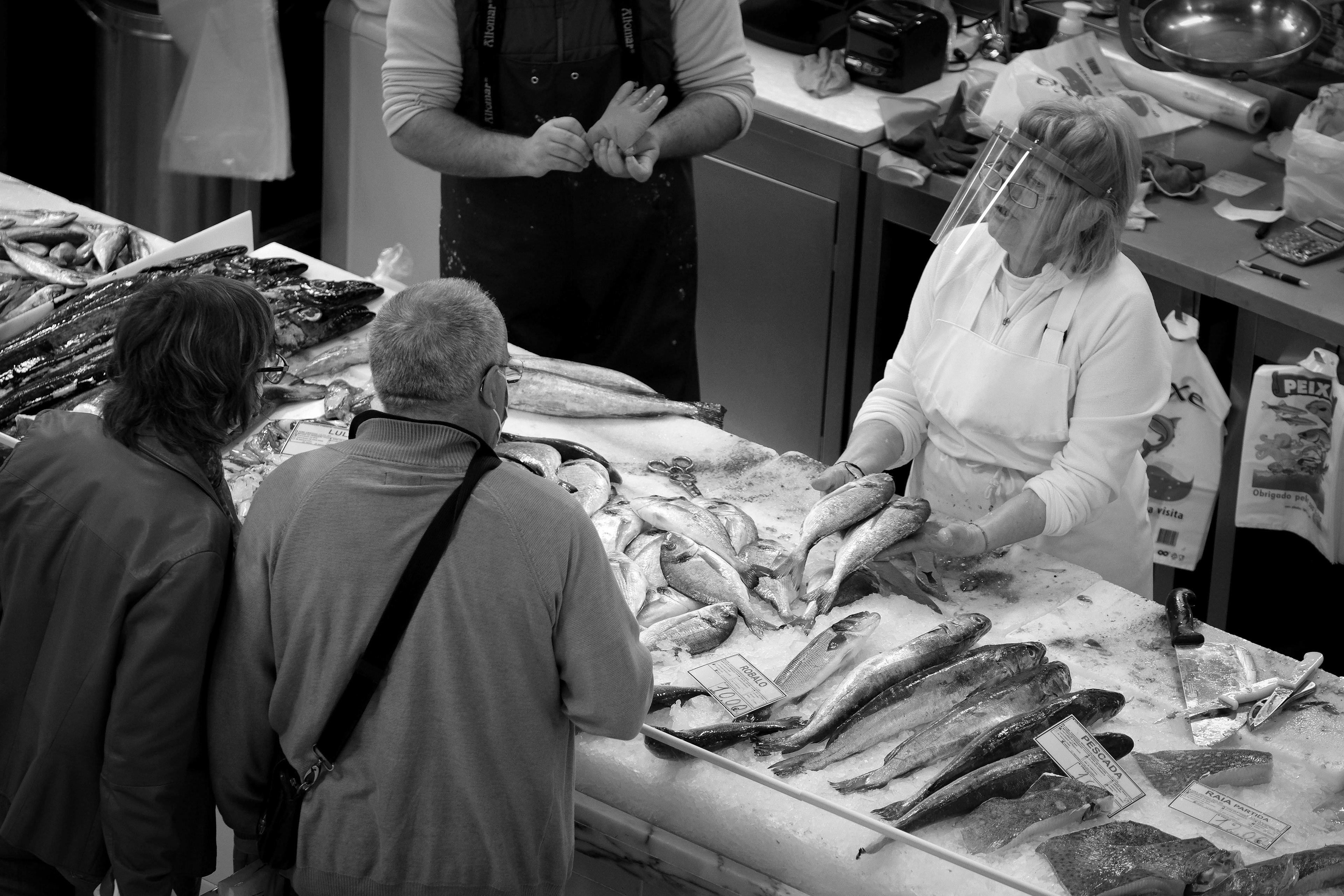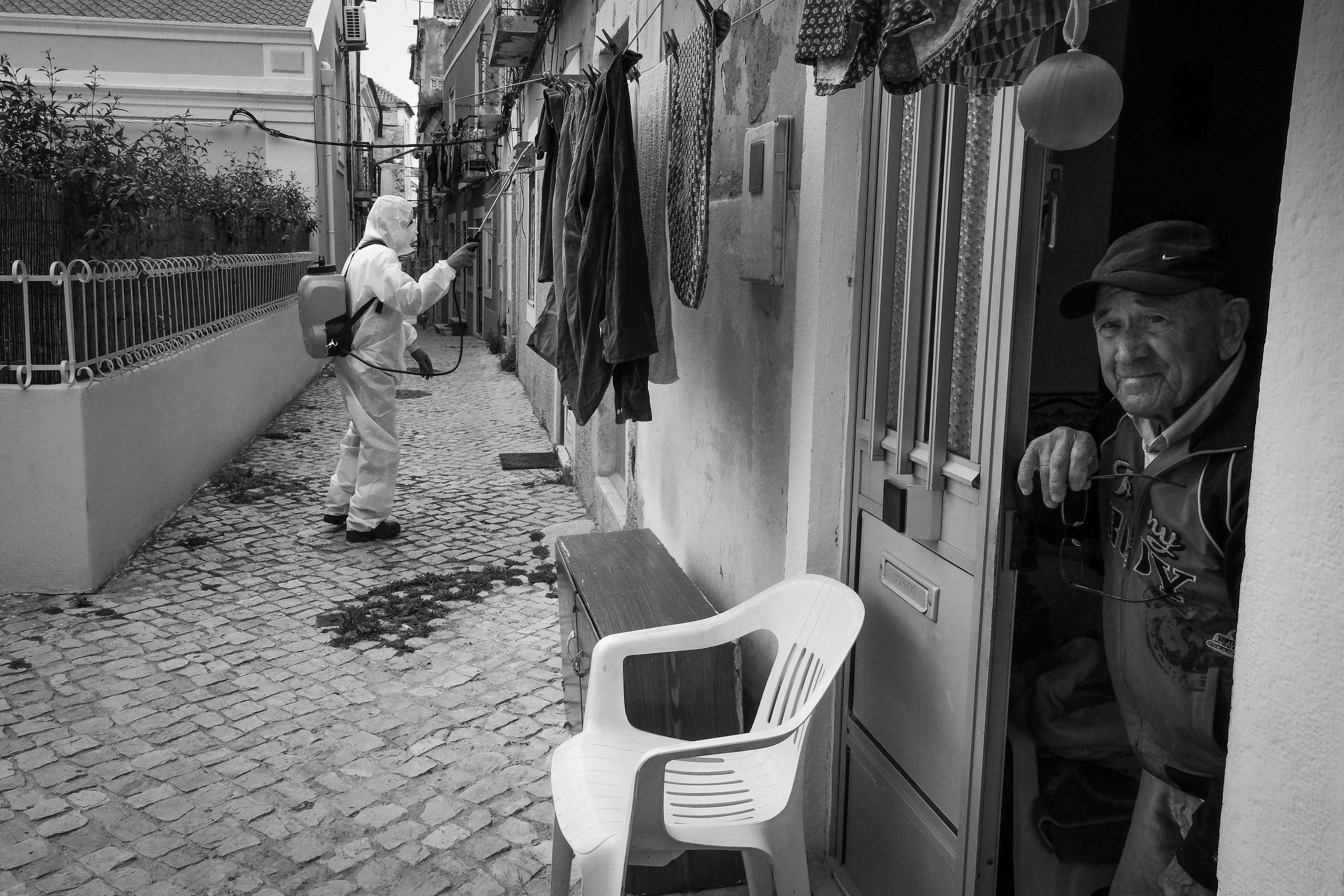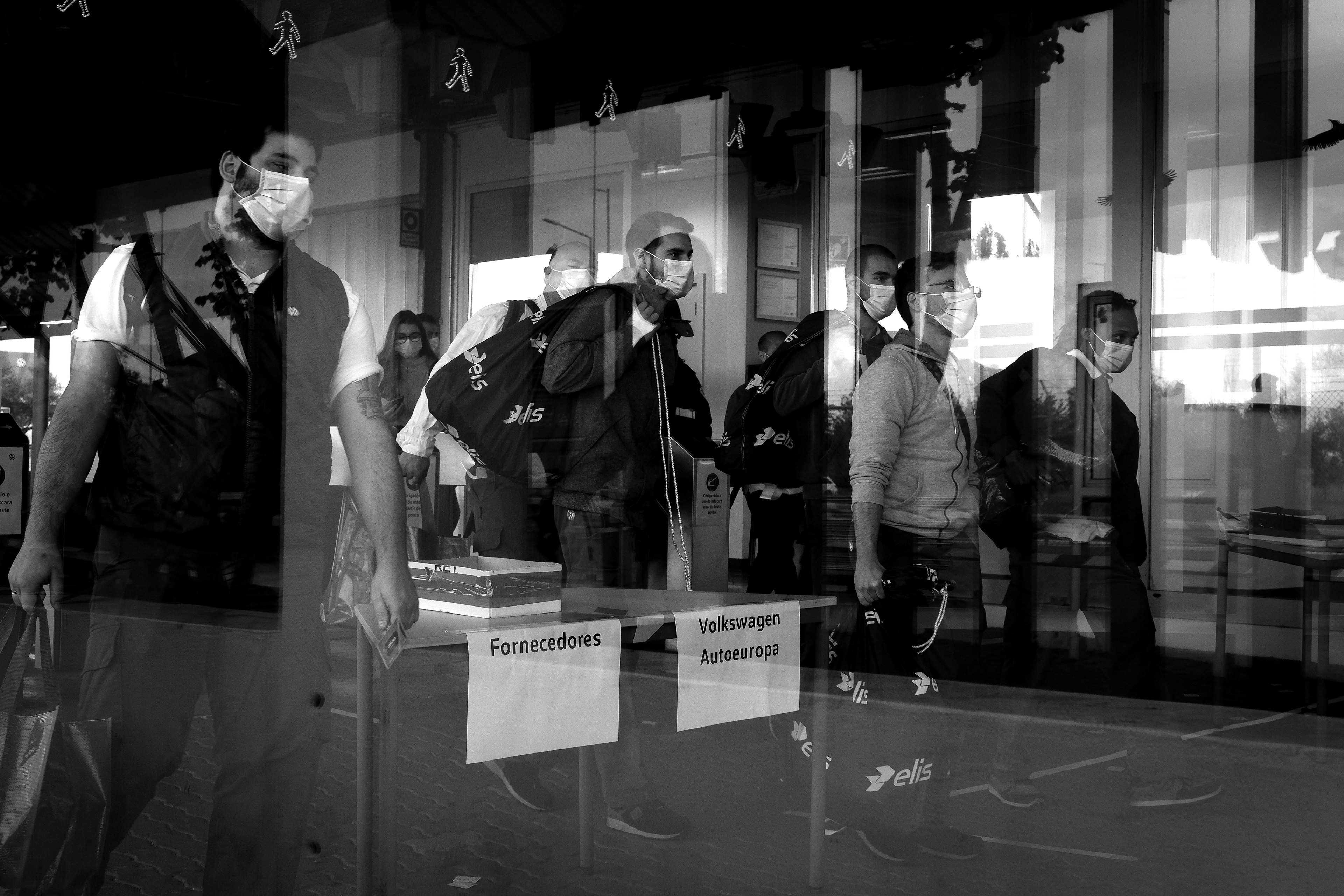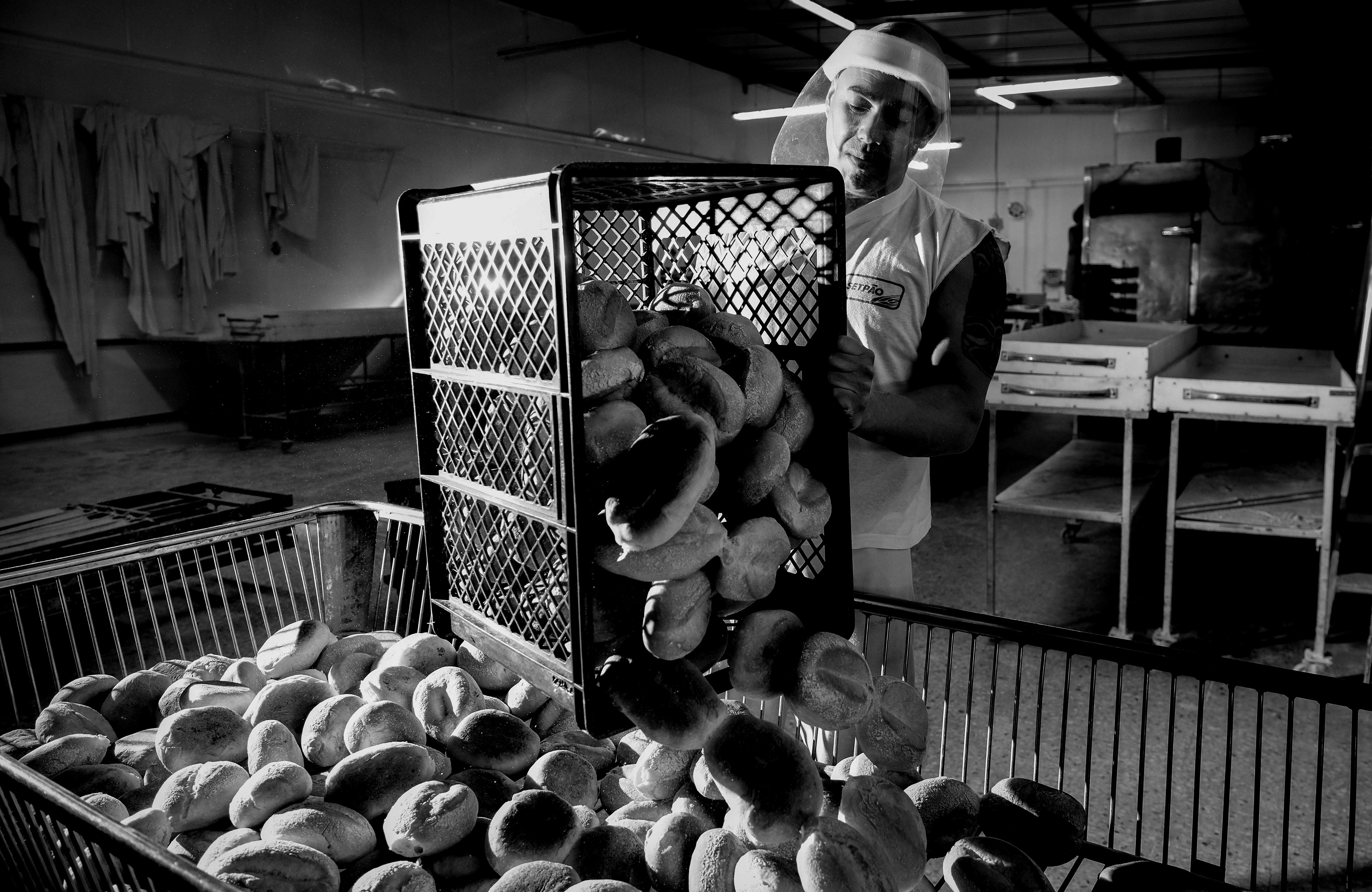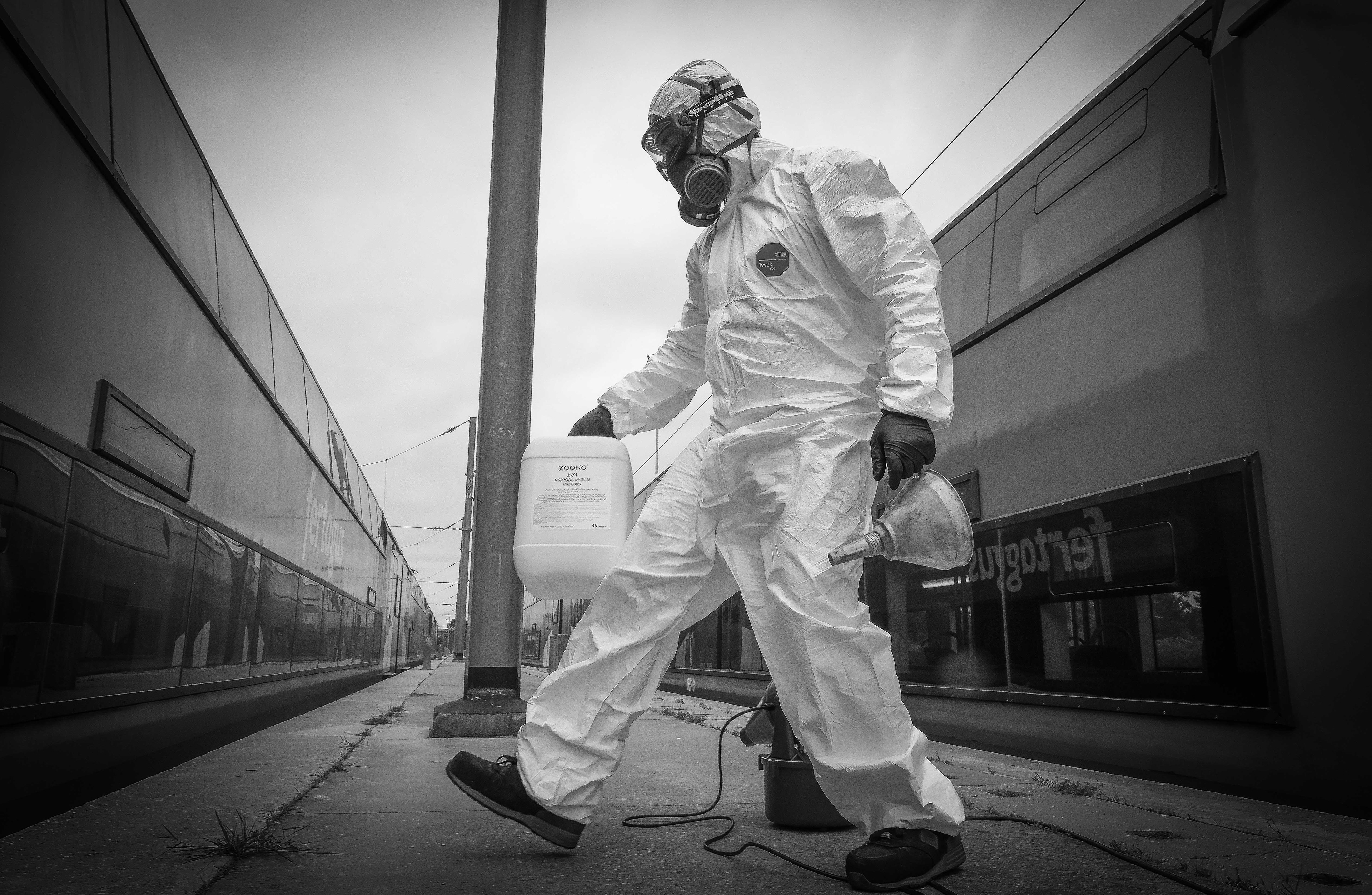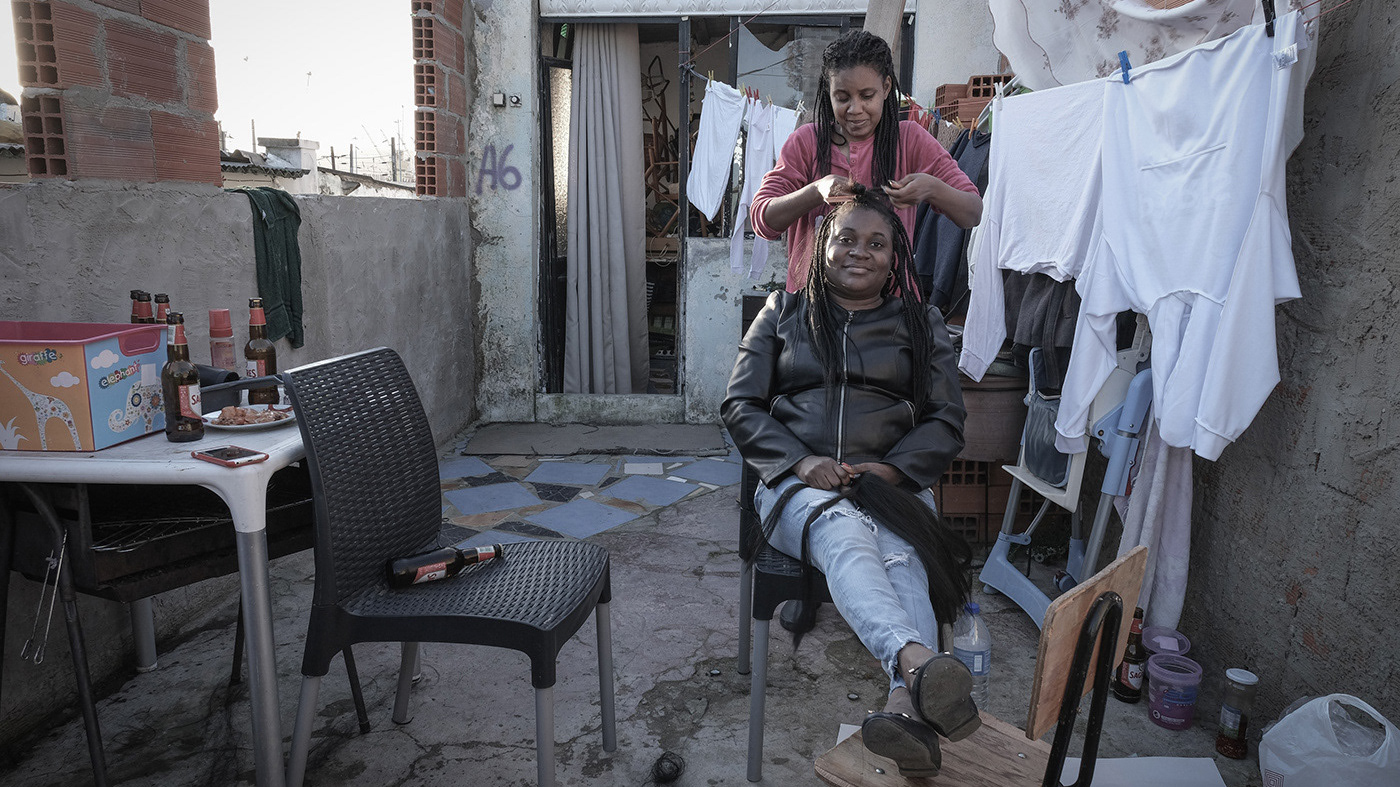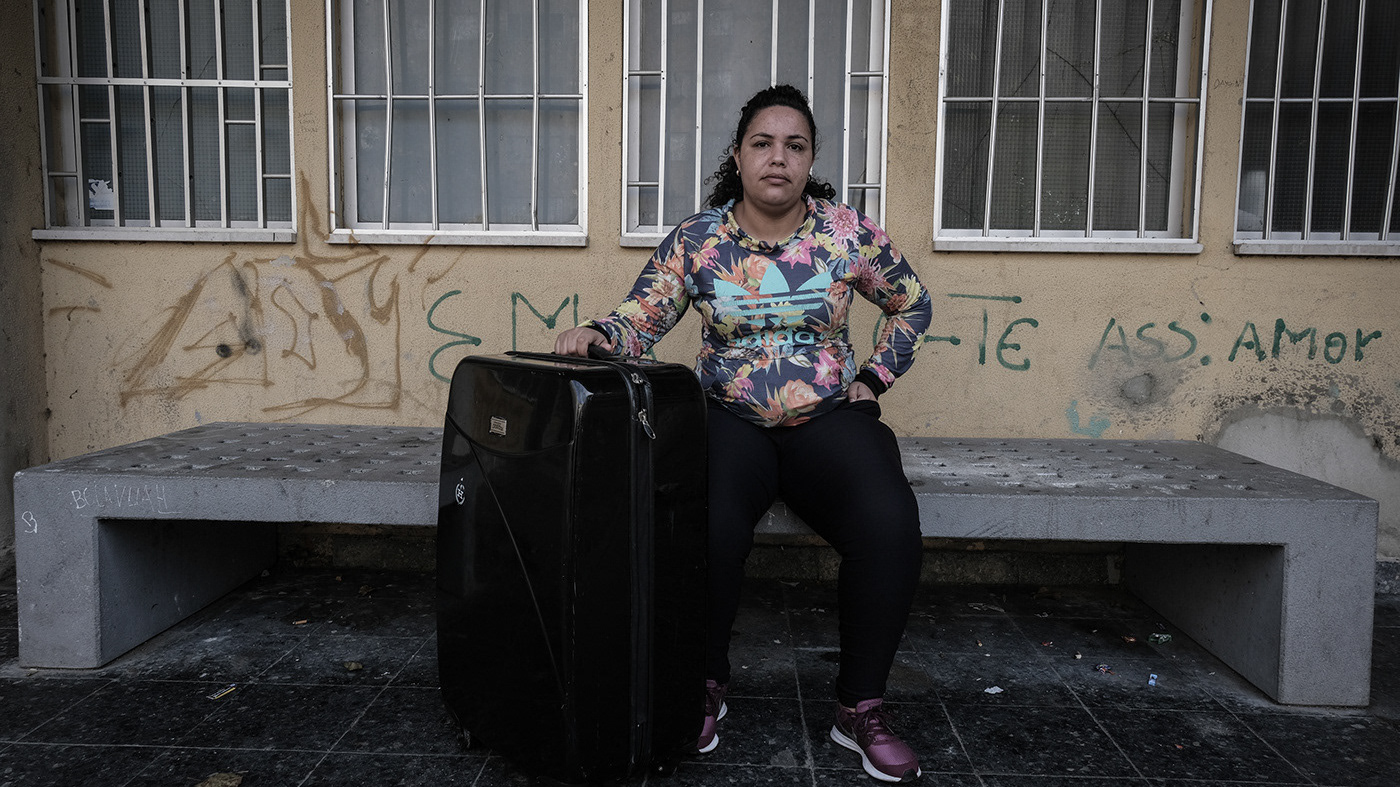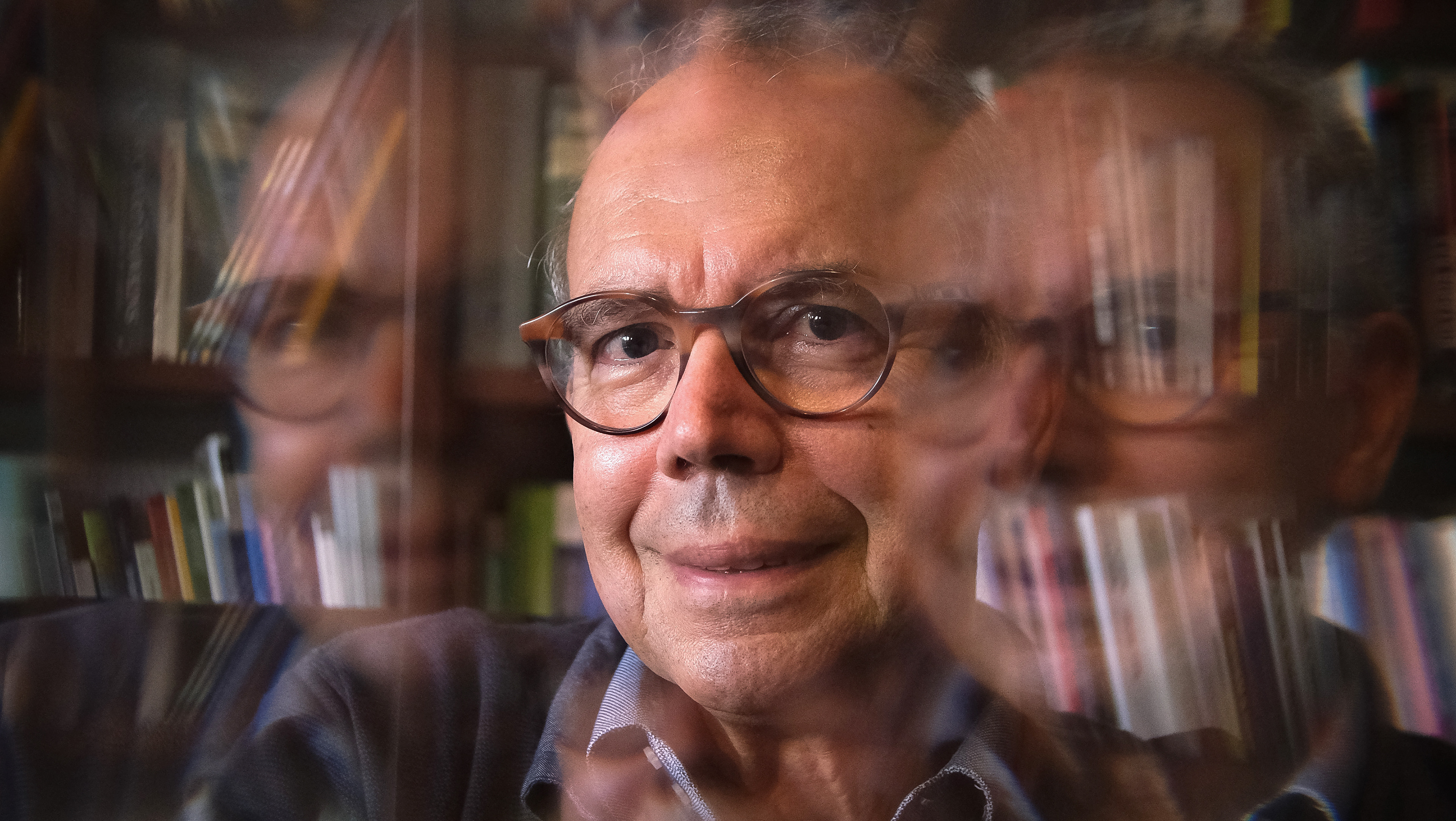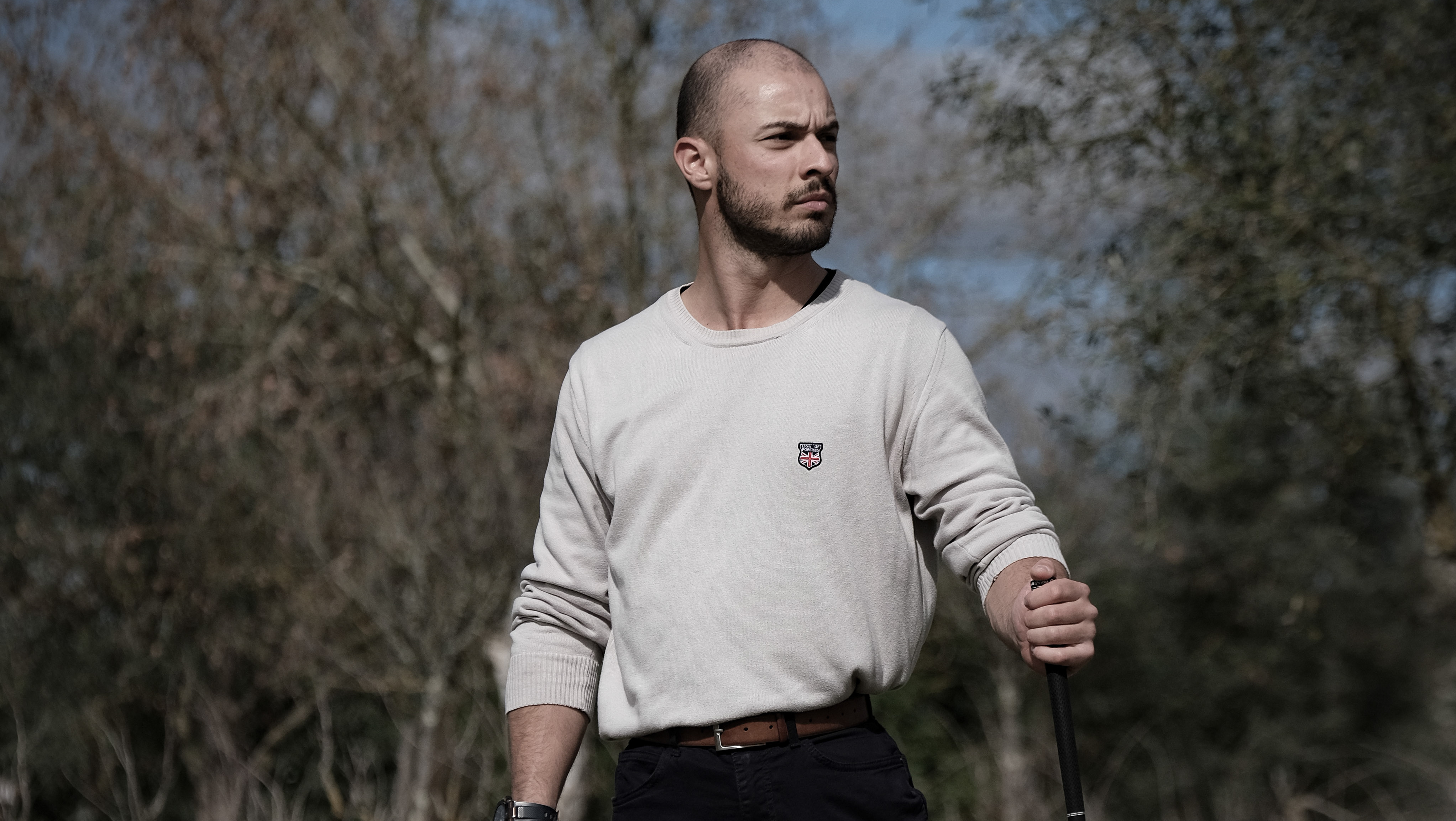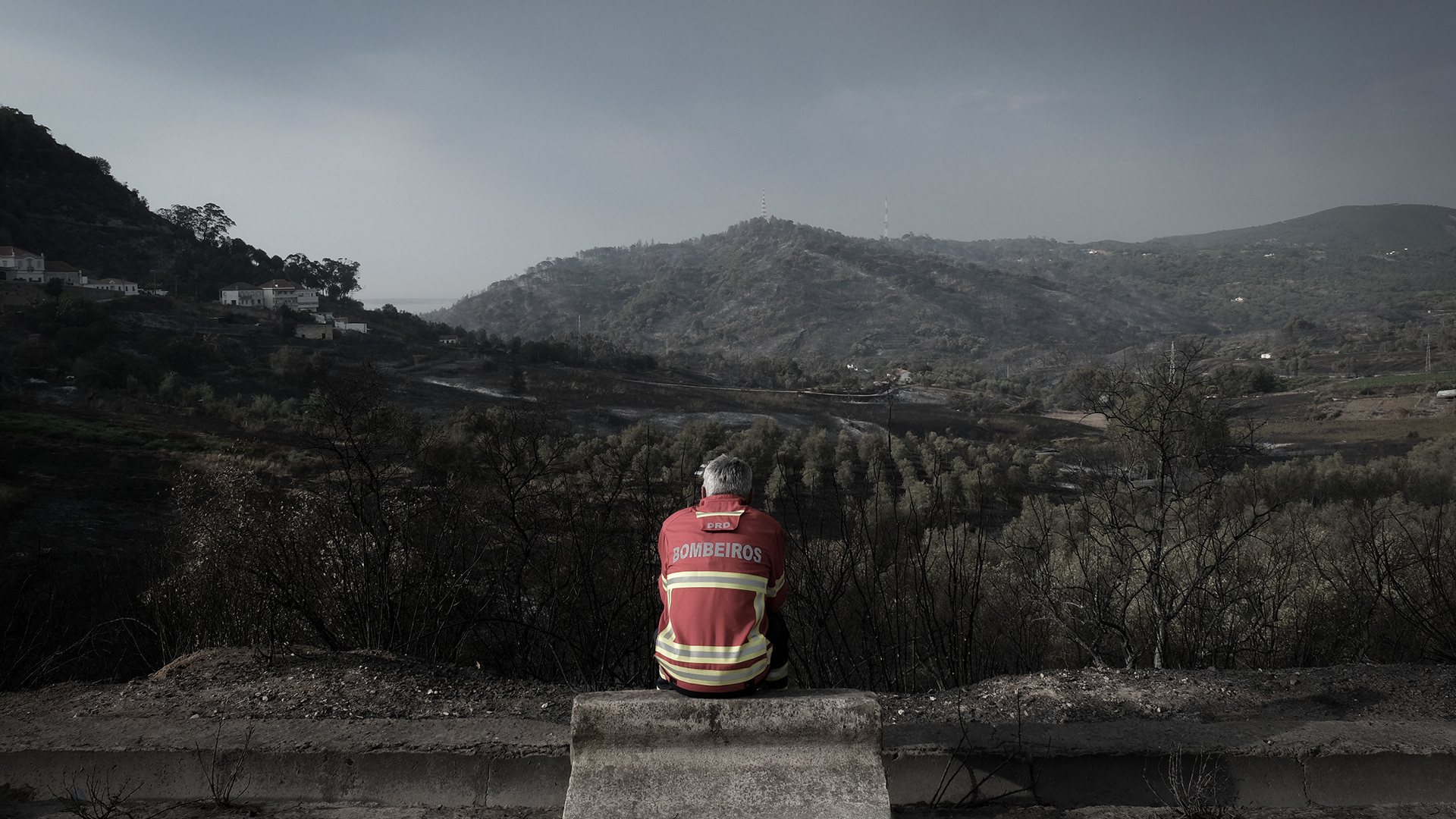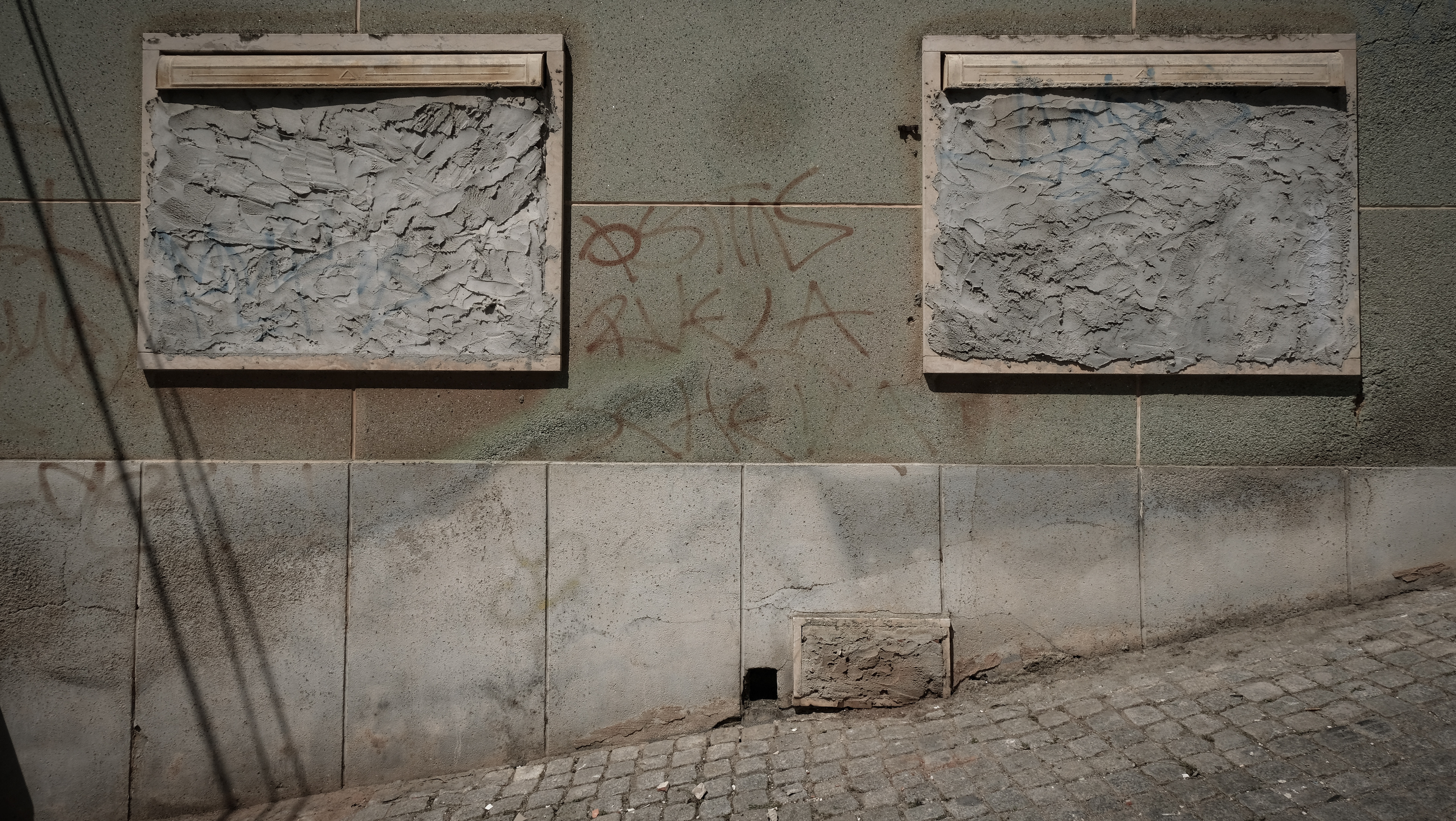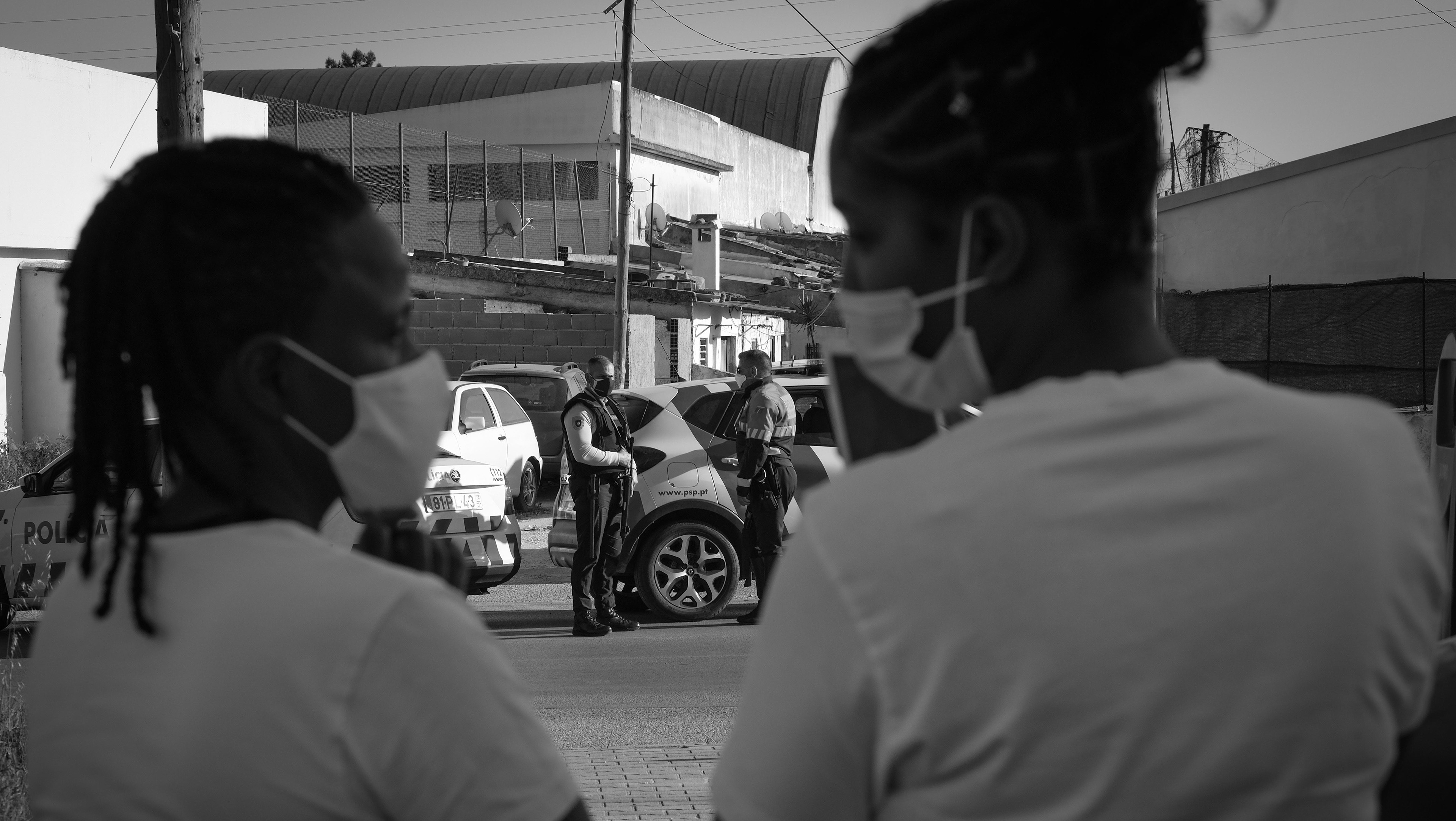Quinta da Parvoíce
Setúbal, a city 40kms south of the capital, Lisbon. In a city with around 115.000 habitants, there is a clandestine neighborhood that still inherits the problems of the people from the former colonies, who came to Portugal in search of a better life. For the past 3 years, poverty has led dozens of immigrants to build their own homes on the slope of the Bela Vista neighborhood, near the already crowded clandestine neighborhood Quinta da Parvoíce. There are over 150 people, most of them Angolan families with children and elders, who live without running water and get their electricity through “clandestine connections”. These are poor families composed of immigrants, in general from Portuguese-speaking countries, that have low-skilled jobs in construction, seasonal activities and cleaning services, particularly in tourism units in Tróia. Because they have no income to pay rents, they have used their meager economic resources, their own work and the strong solidarity of neighbors and friends and have been building their modest houses on those lands. As a consequence from the Covid-19 pandemic, many of these residents became unemployed and feel they have been forgotten by the city. To make matters worse, in February of 2020, some of these houses were demolished by the authorities due to safety and health concerns. Due to the lack of response to their poverty and clandestine situation, the residents rebuild the houses every time they get demolished.
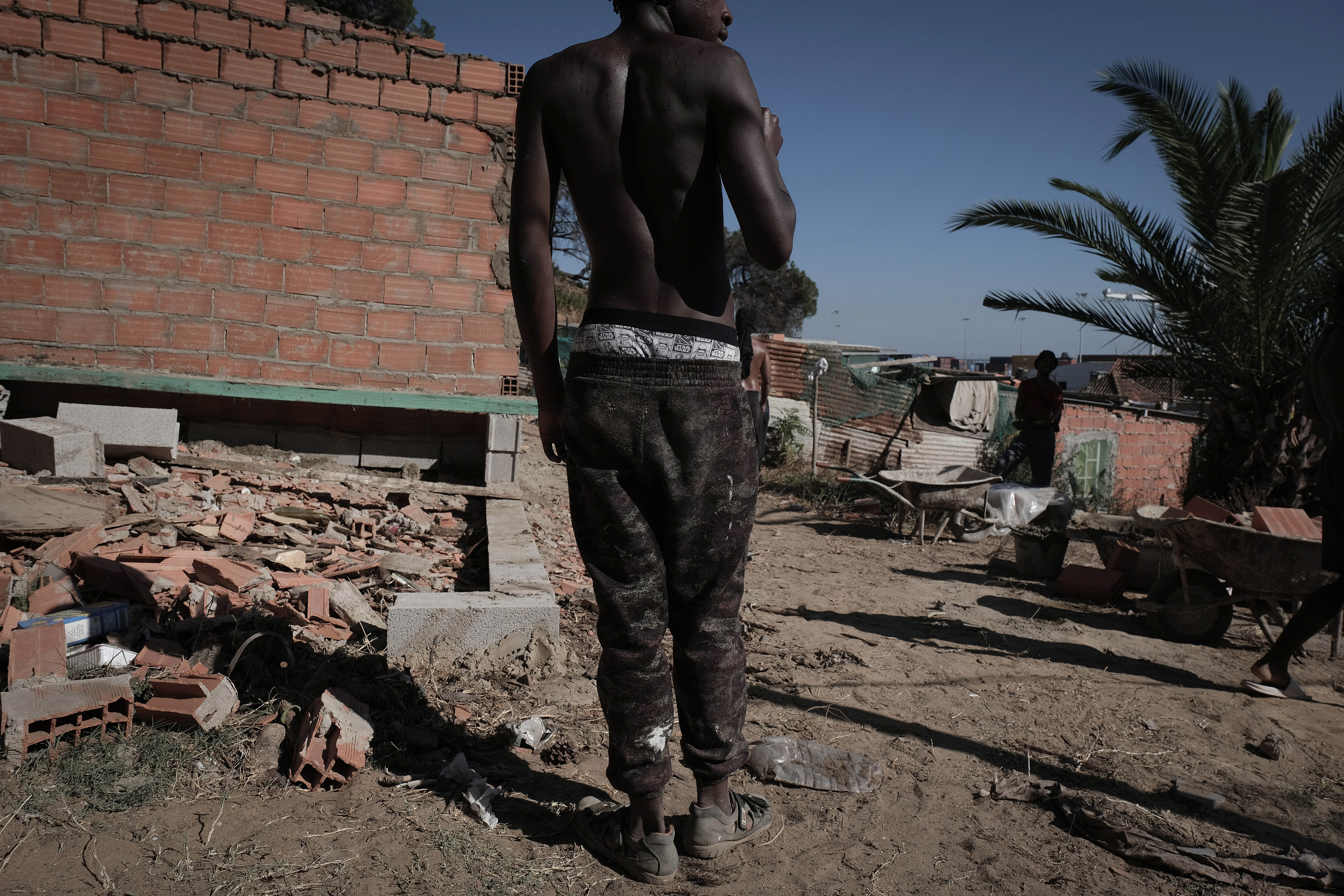


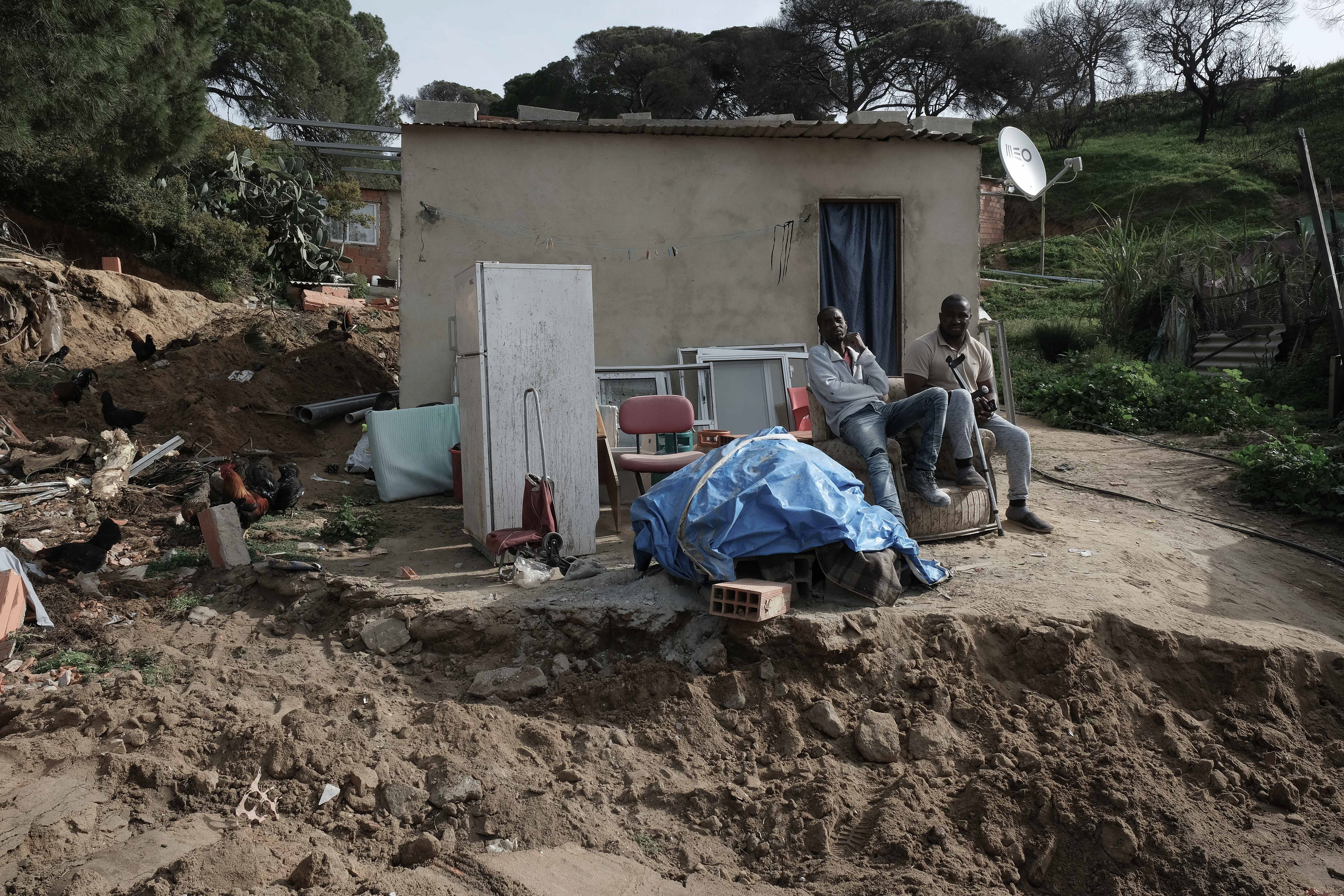
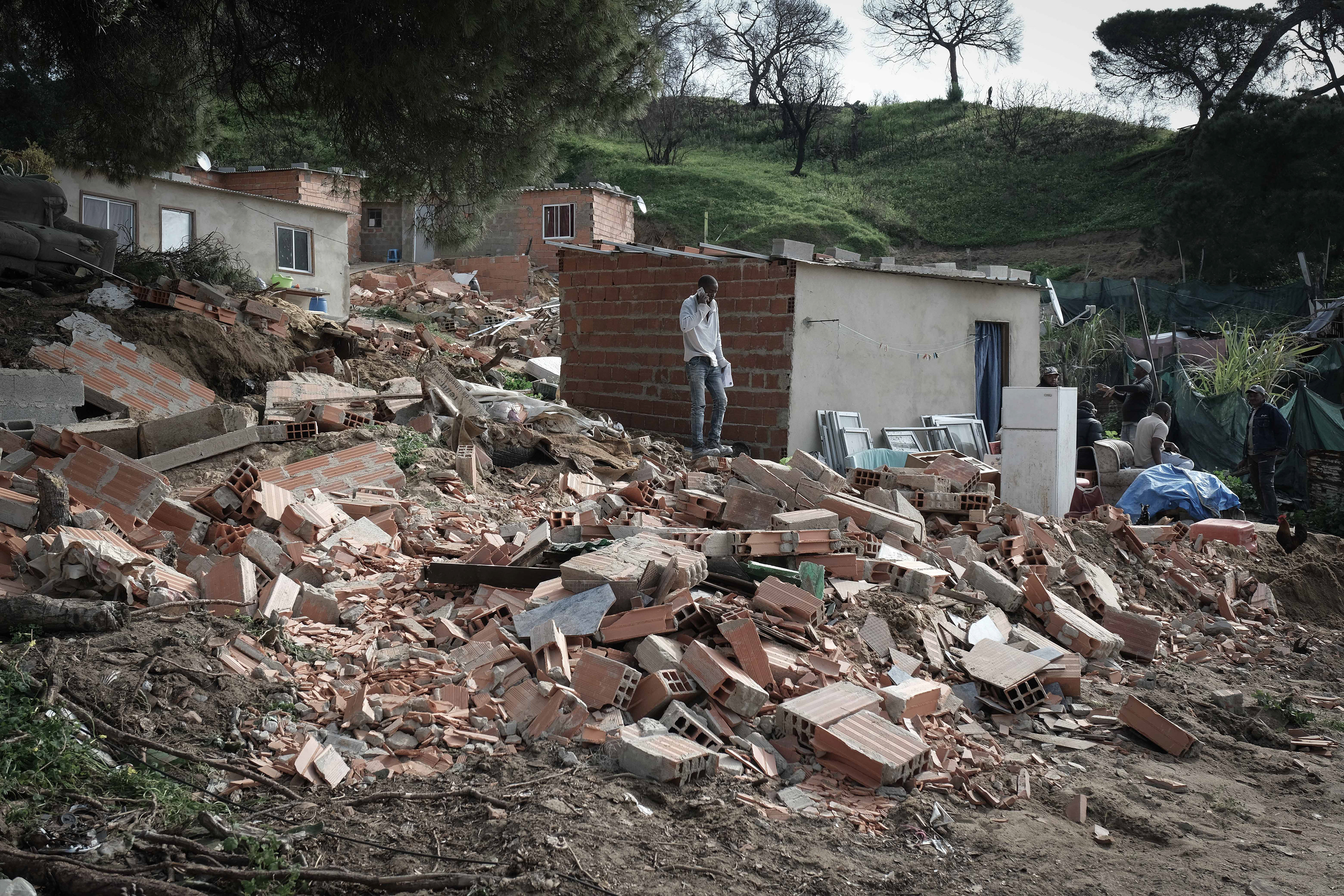
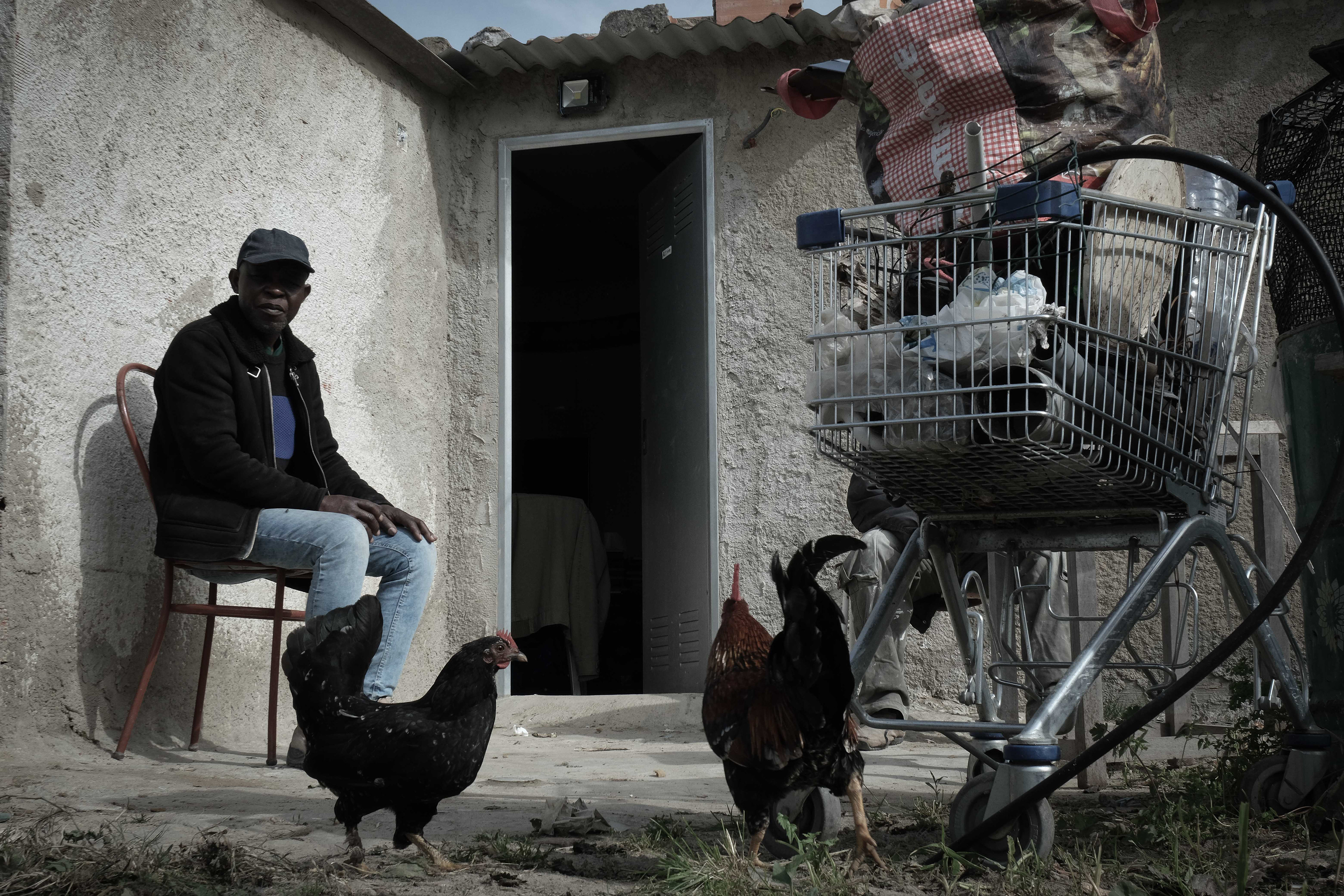
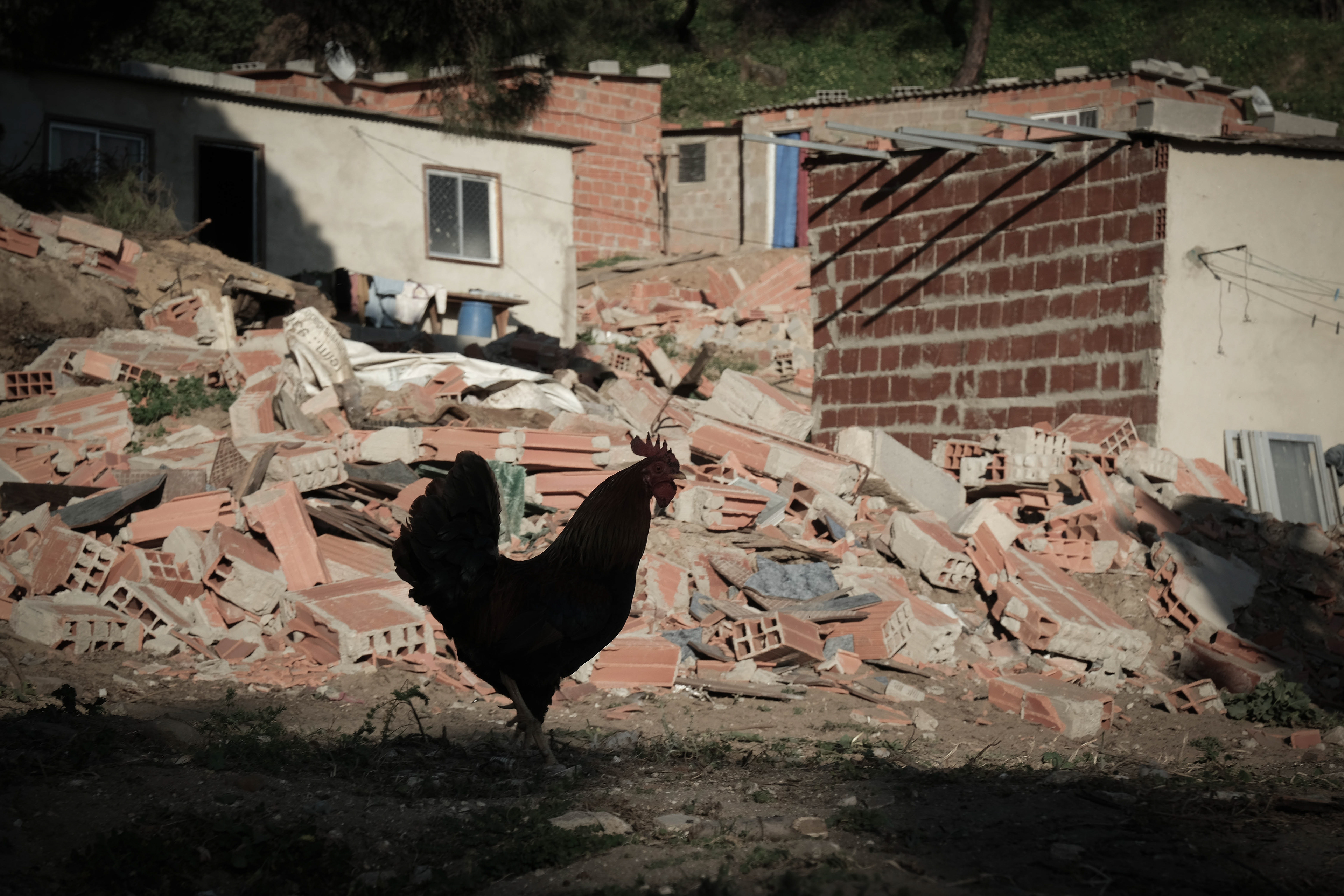
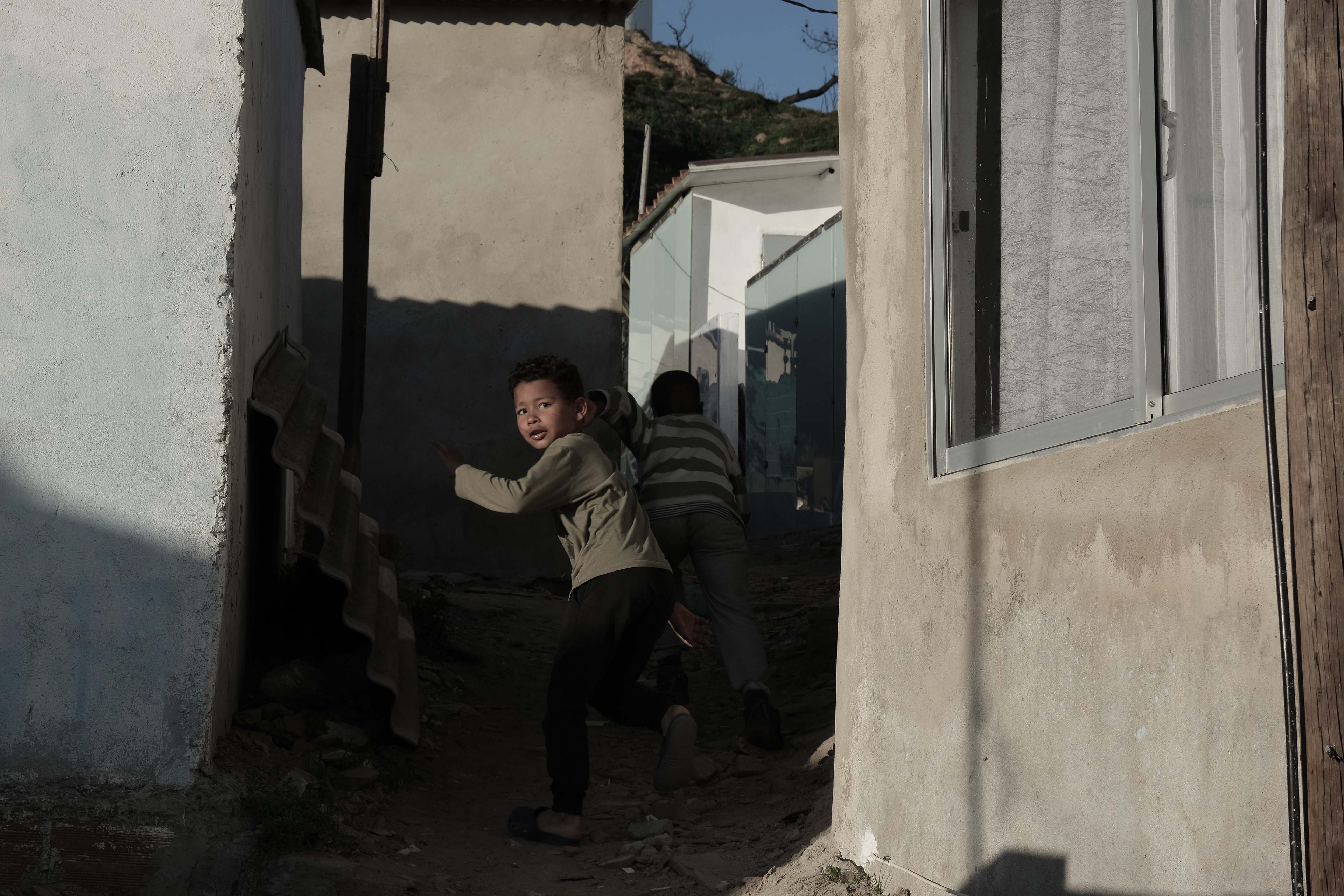
Living with The Vírus
From masks to protective visors and disinfections, canceled shows and online transmissions, our lives have changed since Covid-19 appeared. These are some of the cases I’ve been covering for the Portuguese national press.
